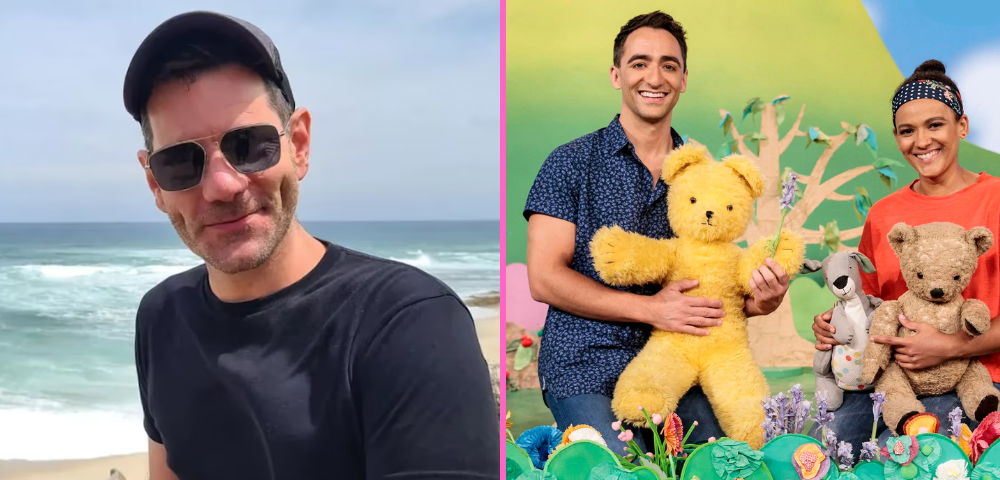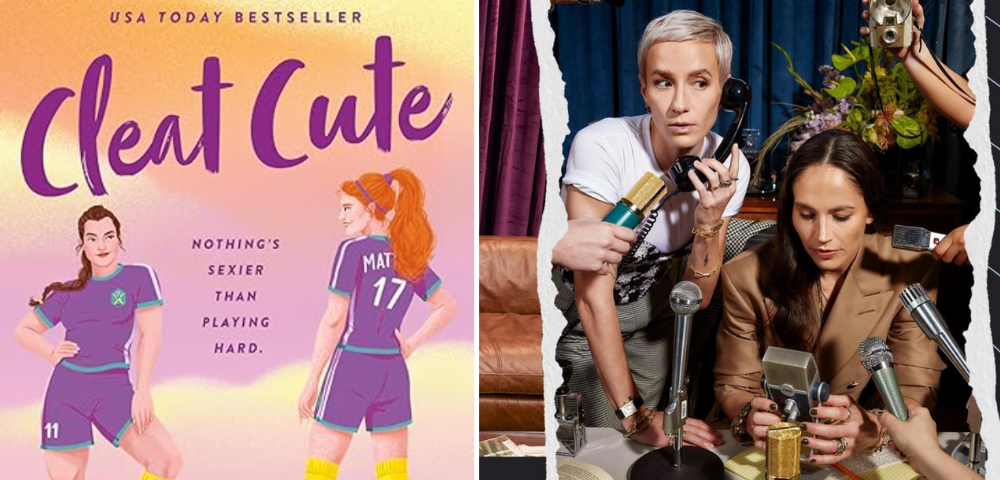
Concerns over support for LGBTI aged care

 Continued silence from the new federal government on LGBTI aged care issues is causing concern among advocates for LGBTI elders.
Continued silence from the new federal government on LGBTI aged care issues is causing concern among advocates for LGBTI elders.
A report published in Fairfax mastheads last week suggested neither the new Attorney-General, George Brandis, or Mitch Fifield – the newly named Assistant Minister for Social Services now in charge of aged care – were willing to comment on matters affecting elderly LGBTI people, including whether the government plans to reverse recent amendments to the Sex Discrimination Act that ban faith-based aged-care providers from denying access or care to aged-care service on the grounds of religious exemption.
Fairfax also sought confirmation on whether the government supported the aims of the newly launched National LGBTI Ageing and Aged Care Strategy, under which $2.5 million was earmarked for “sensitivity training” to be provided by the National LGBTI Health Alliance.
According to Fairfax, a spokeswoman for Fifield declined to comment on whether the Strategy was needed and would only say he had sought a briefing on the issues and was “working through them,” while Brandis (pictured) failed to answer any questions at all.
Dr Jo Harrison, a gerontologist at the University of South Australia and an expert in LGBTI aged care, told the Star Observer she hoped the media reports were not reflective of Coalition MPs turning around on their support.
“Prior to the election,definite commitments were secured, including when journalist Doug Pollard interviewed Senator Scott Ryan on JOY FM’s Rainbow Report program. Senator Ryan confirmed the Coalition’s support for the National LGBTI Ageing and Aged Care Strategy, the retention of the anti-discrimination protection in relation to aged care, and the recognition of LGBTI as a special needs group in the Aged Care Act,” Harrison said.
“Further, the Coalition’s response to the LGBTI organisations’ survey prior to the election indicated absolute support for the special anti-discrimination protections in relation to aged care that are in the Sex Discrimination Act.”
Harrison’s research into the discrimination experienced by older LGBTI people when using aged care services helped formed a large part of the National LGBTI Ageing and Aged Care Strategy, launched by former Mental Health and Ageing Minister Mark Butler in December last year.
“It is vital for our community and our LGBTI elders that the Federal Government retain this commitment to training, resources, anti-discrimination measures and the recognition of LGBTI as a special needs group in the Aged Care Act,” Harrison told the Star Observer.
“Anything less would be a terrible step backwards and result in the loss of very significant gains we have made for our elders over the past several years.”
In an interview with the Star Observer only days before the September 7 election, Communications Minister Malcolm Turnbull refused to clarify whether an incoming Coalition government would seek to amend the legislation, considering Liberal and Nationals MPs had opposed the bill in the Senate only a few months ago when in Opposition.
“We were supporting the bill, but we opposed the last minute amendment by the government to remove existing exemptions for religious organisations. This exemption has been a core part of our anti-discrimination laws for a long time and it’s really an issue of principle,” Turnbull told the Star Observer at the time.
“Having said that, the religious organisations that are providing aged-care all assert that they do not discriminate. It’s really a question, I guess, of respecting these religious organisations’ right to manage their own affairs and not allow an undue intrusion by the government. I don’t think, in substance, there are going to be any significant consequences.”
Greens Senator Penny Wright, the party’s spokesperson on legal affairs, told the Star Observer it was “hugely concerning” that Prime Minister Tony Abbott’s ministers were refusing to answer simple questions about legal protections for some of the most vulnerable Australians.
“This secrecy creates a great deal of uncertainty. Everyone in an aged care facility deserves to know they will get the best care and be treated with respect and dignity, regardless of their sexuality,” Wright said.
“Minister Brandis and Minister Fifield must come clean about their plans because Australians deserve to know how this government will treat the most vulnerable. Protecting the elderly from discrimination in aged care was a hard-won reform and it would be cruel to unwind it now.”










For many the LGBTI community is family and we need to support each other as family.
LGBTI individuals are less likely to have strong family support systems in place or to have relatives to care for them when they age. They are twice as likely to enter old age living as a single person; and two and a half times more likely to live alone. Because institutionalized homophobia as well as cultural discrimination and harassment still exist, they are less likely to access health care, housing, or social services or when they do, find the experience stressful or demeaning with reports of having been disrespected, shunned or mistreated in a variety of ways when mentioning their sexual orientation.
My Concierge Sydney is run by members of the LGBTI community and knows the importance of supporting members of the gay community, both young and old.
The Opposition (at the time) did not oppose the aged care amendment to the Sex Discrimination Act Amendment Bill (2013) when it was returned to the Lower House. The SDA, including the special measure to protect those in aged care from discrimination, passed on the voices. This in itself should be an indicator of a strong commitment on the part of the Coalition to protecting our elders from harm in all aged care related situations.
OK I work in this industry and I ask what “special” needs do Gay people as individual clients above any others?
Trans people do need extra care as they get older because of some of the physical issues.
So apart from partners and extended families maybe we need to outline actual details rather than just running around shouting like banshees …. “us 2 us 2”.
We are not special we are just part of the greater community these days, no need for the dramatics.